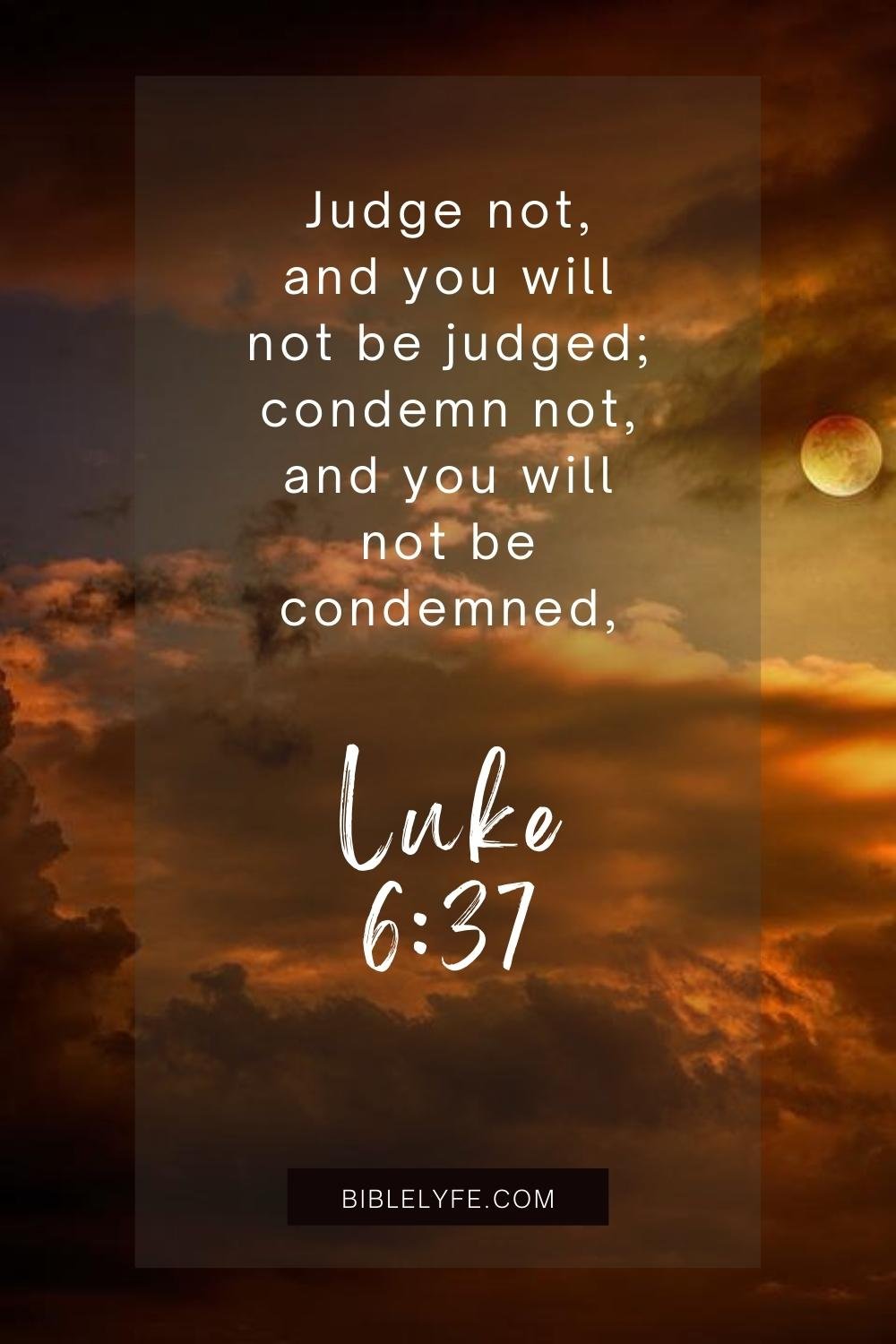
# **The Influence of Judgment in Human Character: Grasping Discernment and Impartiality**
Judgment is a vital element of human character. It is essential for evaluating risks, making choices, and establishing limits that safeguard our emotional and physical health. Nonetheless, not all judgments are equivalent, and the manner in which we perceive the world can greatly affect our experiences.
## **The Dichotomy of Judgment: Objective vs. Subjective**
Fundamentally, judgment can be divided into two categories:
1. **Objective Judgment** – Rooted in facts and impartial evidence, objective judgments assist us in making logical evaluations. For instance, understanding that touching flames will result in burns exemplifies an objective judgment based on observable reality.
2. **Subjective Judgment** – Shaped by personal emotions, tastes, or perspectives, subjective judgments are influenced by individual experiences and biases. Such judgments can result in isolation, prejudice, and disconnection. For example, deeming one genre of music as “better” than another represents a subjective judgment based on personal preference.
To navigate life successfully, we must learn to differentiate between the two. While objective judgments enable informed choices, subjective judgments can sometimes incite unnecessary discord and misunderstandings.
## **The Neutrality of Judgment: The Strength Resides in Our Interpretation**
Judgment itself holds no inherent good or bad qualities—it is merely a cognitive tool. However, issues emerge when we excessively associate ourselves with our subjective judgments, permitting them to define our identity and perception of others. This can lead to inflexible thinking, biases, and even discrimination.
### **Judgment vs. Discernment: A Significant Distinction**
A vital aspect of sound cognitive functioning is cultivating **discernment**—the capacity to make informed, deliberate choices based on assessment and reasoning.
– **Discernment** is thoughtful and logical. It aids us in evaluating situations thoroughly before arriving at a decision.
– **Subjective judgment**, conversely, tends to be spontaneous and emotionally charged.
For example, when someone cuts you off in traffic, an immediate reaction might be to label them as “rude” or “thoughtless.” In contrast, discernment prompts us to explore alternative explanations—they could be hurrying to an emergency or simply unaware of their error. Taking a moment to pause and reevaluate can avert unnecessary emotional distress.
## **Ways to Foster Healthy Judgment and Discernment**
To progress towards discernment and objective judgment, consider incorporating the following practices:
### **1. Mindfulness and Self-Reflection**
Allocating time to observe our thoughts without reacting immediately is an effective tool. When we identify ourselves making a subjective judgment, we can pause and interrogate it.
### **2. Analyzing Our Judgments**
Pose these questions to yourself:
– **Is this judgment founded on facts or personal assumptions?**
– **Am I responding emotionally, or am I taking all viewpoints into account?**
– **Does this judgment promote understanding and connection, or does it incite division?**
### **3. Recognizing and Letting Go of Biases**
We all harbor unconscious biases shaped by our life experiences, culture, and upbringing. Acknowledging these biases enables us to advance towards objective thought.
A beneficial exercise is to **list your judgments** and categorize them as **objective or subjective**. For those in the subjective category, inquire:
– **How much control does this judgment exert over my worldview?**
– **Am I prepared to challenge or release it?**
### **4. Fostering Empathy and Open-Mindedness**
Viewing the world through diverse lenses liberates us from constraining judgments. Interacting with a variety of individuals and perspectives encourages understanding and wisdom.
### **5. Enhancing Emotional Regulation**
Our emotions can prompt impulsive judgments. Employing techniques such as deep breathing, mindfulness, and emotional intelligence can help maintain a stable perspective.
## **The Reflection Effect: What Judgments Indicate About Us**
Ironically, the judgments we cling to most fiercely often reveal more about *us* than about those we judge. The traits we criticize in others may reflect our own fears, insecurities, or conditioning.
**What if every judgment you possess served as a mirror?**
**What would it reveal back to you?**
Rather than attempting to eradicate judgment entirely, the genuine challenge lies in recognizing it, assessing its relevance, and discarding what no longer benefits us.
## **Concluding Thoughts: Shaping Our Experience Through Judgment**
Ultimately, our judgments of the world shape how we experience it. By fostering awareness, discernment, and empathy, we can employ judgment as a means of growth rather than as an obstacle to connection.
**Instead of being ensnared by subjective biases, we can learn to view the world with sharper clarity—cultivating a mindset that nurtures wisdom, understanding, and inner tranquility.**